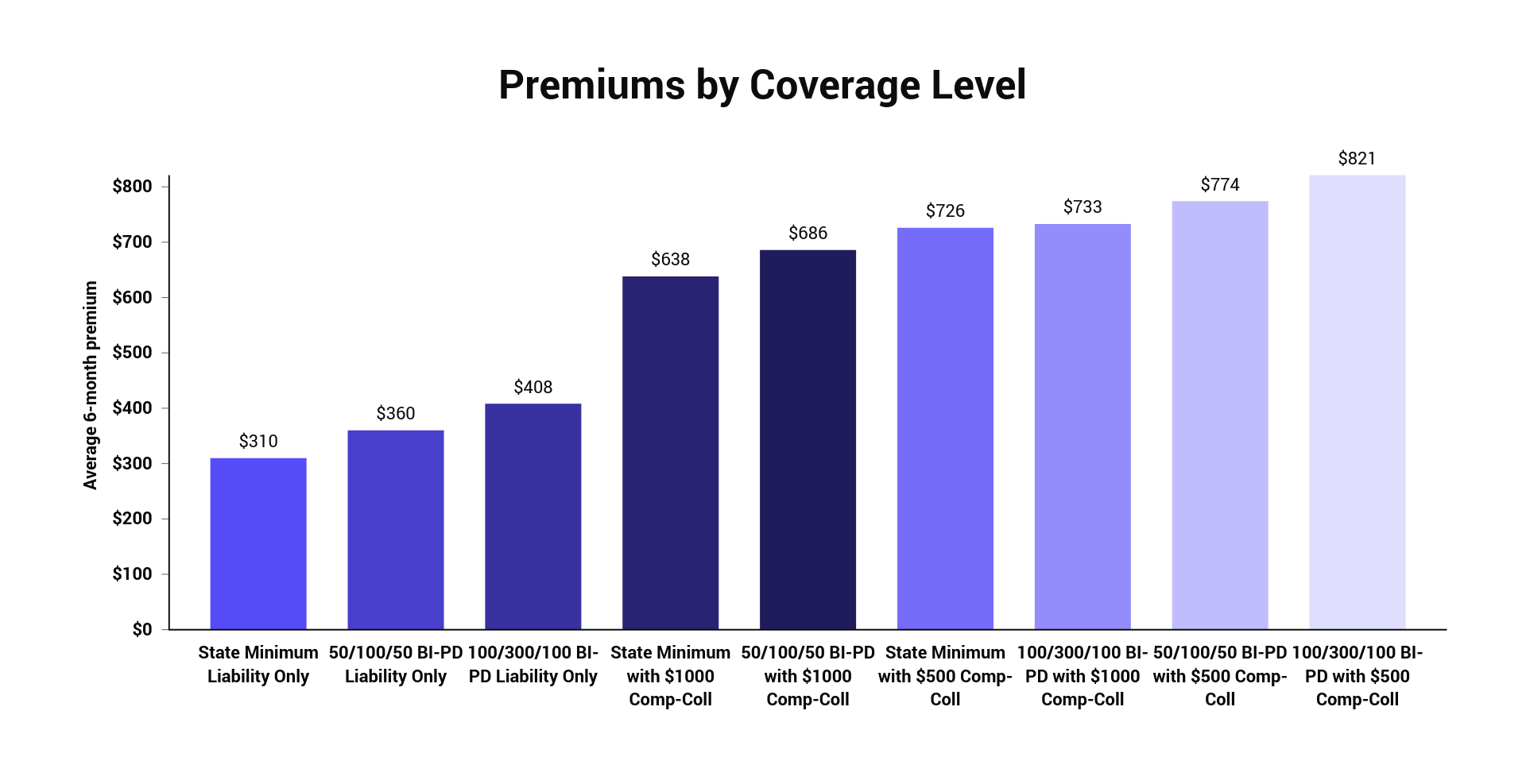A life insurance coverage policy is a contract with an insurance coverage company. In exchange for premium payments, the insurer provides a lump-sum payment, understood as a death benefit, to beneficiaries upon the insured's death. Usually, life insurance coverage is selected based upon the requirements and objectives of the owner. Term life insurance normally offers protection for a set amount of time, while long-term insurance, such as whole Look at this website and universal life, supplies life time coverage.

1 There are numerous varieties of life insurance coverage. A few of the more typical types are talked about listed below. Term life insurance coverage is developed to provide monetary defense for a particular amount of time, such as 10 or twenty years. With standard term insurance, the exceptional payment amount stays the same for the coverage period you pick.
Term life insurance is usually more economical than long-term life insurance coverage. Term life insurance coverage profits can be utilized to replace lost potential income throughout working years. This can provide a safeguard for your beneficiaries and can likewise assist guarantee the household's monetary objectives will still be metgoals like settling a home mortgage, keeping a business running, and spending for college.
Universal life insurance coverage is a kind of permanent life insurance coverage created to provide lifetime protection. Unlike entire life insurance, universal life insurance policies are versatile and may permit you to raise or decrease your premium payment or protection quantities throughout your life time. In addition, due to its life time protection, universal life typically has greater premium payments than term.
The Ultimate Guide To What Does Liquidity Refer To In A Life Insurance Policy
Another typical use is long term income replacement, where the need extends beyond working years. Some universal life insurance item creates focus on offering both death advantage coverage and structure money value while others concentrate on offering ensured survivor benefit protection. Whole life insurance coverage is a kind of irreversible life insurance coverage created to provide life time coverage.
Policy premium payments are generally fixed, and, unlike term, whole life has a cash worth, which functions as a cost savings component and might accumulate tax-deferred gradually. Entire life can be utilized as an estate planning tool to assist maintain the wealth you prepare to move to your recipients. Income replacement throughout working years Wealth transfer, income defense and some styles concentrate on tax-deferred wealth accumulation Wealth transfer, conservation and, tax-deferred wealth build-up Developed for a specific period (normally a number of years) Versatile; typically, for a life time For a lifetime Typically less expensive than permanent Typically more expensive than term Usually more expensive than term Typically repaired Flexible Generally set Yes, usually income tax-free Yes, usually income tax-free Yes, typically earnings tax-free No No2 No No Yes Yes Yes, Fidelity Term Life Insurance3 Yes, Universal Life Insurance, mostly concentrated on death advantage security No, traditional Whole Life Insurance coverage is not currently offered Insurers use rate classes, or risk-related classifications, to identify your premium payments; these classifications do not, nevertheless, affect the length or amount of coverage.
Tobacco use, for instance, would increase danger and, therefore cause your premium payment to be greater than that of somebody who doesn't use tobacco.
Life insurance is an agreement between an insurance provider and an insurance policy holder in which the insurer guarantees payment of a survivor benefit to called recipients when the insured dies. The insurer guarantees a survivor benefit in exchange for premiums paid by the policyholder. Life insurance coverage is a legally binding agreement.
What Type Of Life Insurance Are Credit Policies Issued As Can Be Fun For Anyone
For a life insurance policy to remain http://cesarvjcf865.wpsuo.com/examine-this-report-about-what-is-whole-life-insurance in force, the policyholder must pay a single premium up front or pay routine premiums with time. When the insured passes away, the policy's called recipients will receive the policy's face value, or death advantage. Term life insurance policies expire after a particular number of years.
A life insurance policy is only as great as the monetary strength of the company that issues it. State guaranty funds may pay claims if the issuer can't. Life insurance coverage supplies monetary assistance to enduring dependents or other beneficiaries after the death of an insured (how long do you have to have life insurance before you die). Here are some examples of people who might require life insurance coverage: If a parent dies, the loss of his/her earnings or caregiving abilities could produce a financial hardship.
For kids who need lifelong care and will never be self-sufficient, life insurance coverage can ensure their requirements will be met after their parents die. The death advantage can be utilized to fund a special requirements trust that a fiduciary will manage for the adult kid's advantage. how to find out if someone has life insurance. Married or not, if the death of one adult would mean that Click for more the other could no longer pay for loan payments, upkeep, and taxes on the residential or commercial property, life insurance coverage may be a great idea.
Lots of adult kids sacrifice by taking time off work to care for a senior parent who requires assistance. This aid might also consist of direct financial backing. Life insurance can assist repay the adult child's expenses when the moms and dad dies. Young person without dependents seldom need life insurance coverage, but if a parent will be on the hook for a kid's financial obligation after his/her death, the child might desire to bring adequate life insurance coverage to pay off that financial obligation.

Getting My How Whole Life Insurance Works To Work
A 20-something grownup may purchase a policy even without having dependents if there is an expectation to have them in the future. Life insurance can offer funds to cover the taxes and keep the amount of the estate undamaged.' A small life insurance coverage policy can offer funds to honor a liked one's passing.
Instead of selecting in between a pension payout that uses a spousal advantage and one that doesn't, pensioners can choose to accept their complete pension and utilize some of the cash to buy life insurance to benefit their spouse. This technique is called pension maximization. A life insurance policy can has two main parts - a survivor benefit and a premium.
The death advantage or face value is the quantity of money the insurer guarantees to the recipients recognized in the policy when the insured dies - how to buy life insurance. The guaranteed might be a parent, and the recipients may be their kids, for example. The guaranteed will choose the preferred death benefit quantity based on the beneficiaries' projected future requirements.
Premiums are the cash the insurance policy holder pays for insurance. The insurance provider must pay the survivor benefit when the insured dies if the policyholder pays the premiums as needed, and premiums are determined in part by how most likely it is that the insurance provider will have to pay the policy's survivor benefit based upon the insured's life span.
The Best Guide To What Happens If You Stop Paying Whole Life Insurance Premiums
Part of the premium likewise goes toward the insurer's operating costs. Premiums are higher on policies with bigger survivor benefit, individuals who are greater danger, and long-term policies that accumulate money value. The money value of permanent life insurance serves 2 purposes. It is a cost savings account that the insurance policy holder can utilize during the life of the guaranteed; the money accumulates on a tax-deferred basis.
For example, the policyholder may take out a loan versus the policy's cash value and have to pay interest on the loan principal. The policyholder can also use the cash value to pay premiums or purchase additional insurance. The cash worth is a living benefit that stays with the insurer when the insured dies.